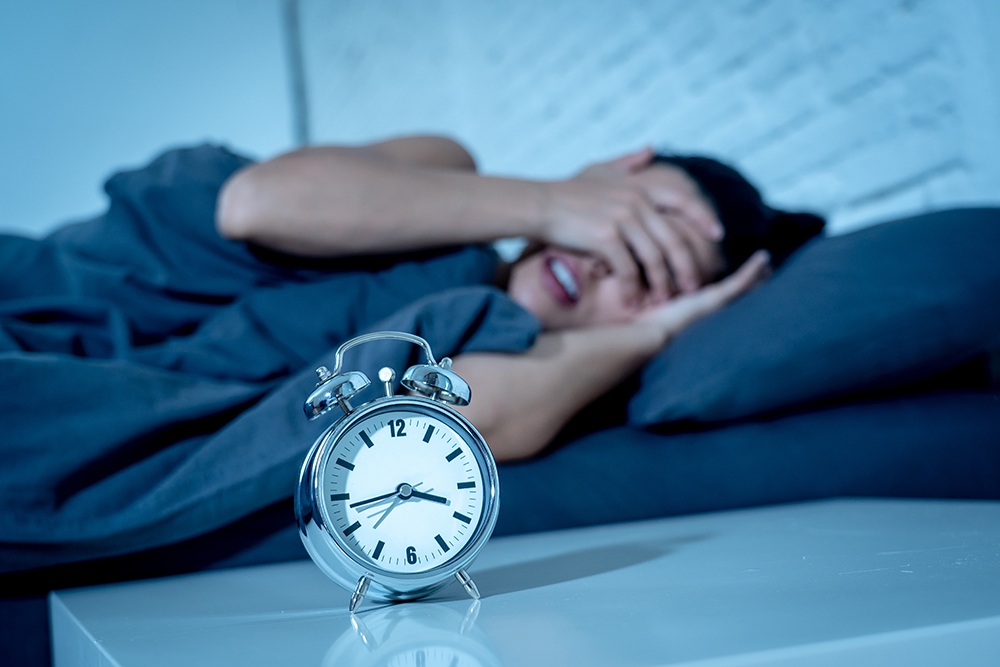
Can melatonin treat insomnia?
The pace of life is fast and the work pressure is great. You must have had the experience of tossing and turning but not sleeping… In most cases, this kind of experience only occurs occasionally and still does not prevent us from maintaining high-quality sleep.
However, if the phenomenon of not being able to sleep and waking up easily occurs over and over again, it will affect our normal work and life the next day and destroy people’s good mood for the day.
For insomnia, there are many misunderstandings in medication.
Myth 1: Take melatonin as a medicine,
There are many insomnia patients who dare not take sleeping pills, but when they heard melatonin was useful, they began to take melatonin.
It is true that melatonin can help people who have short or irregular sleep to get better sleep, such as shift work and night light work. However, melatonin is not a drug, it can only play an auxiliary role, and does not mean it has therapeutic effect.
Randomized tests show that short-term melatonin intake can improve insomnia patients’ sleep, but the effect is limited. The effectiveness and safety of long-term administration also need to be verified, and the first choice is not recommended.
Myth 2: Sleeping pills are addictive and must not be taken.
Many people think that drugs for insomnia should be taken for life as long as they are taken once, and even they cannot sleep without taking them. Therefore, there is a saying that sleeping pills should never be taken easily unless they have to.
This kind of misconception often delays the illness, which may originally be only a mild sleep disorder, and eventually progresses to severe or even long-term insomnia. In fact, under the guidance of doctors or pharmacists, it is entirely possible to reduce or even stop using sleeping pills reasonably after the illness is relieved.
Myth 3: Blind Choice of Sleeping Pills

If it is only difficult to fall asleep, short-acting sleeping pills, such as zaleplon and zolpidem, are a better choice, which can help to fall asleep for a very short time. However, if it is difficult to maintain sleep, the effect of such drugs may not be ideal.
In this case, drugs with longer effects should be used, which can not only improve the difficulty of falling asleep, but also improve the sleep quality, and at the same time can avoid the excessive hypnotic effect of drugs-manifested as lethargy, fatigue, dizziness, etc.
Myth 4: Excessive Dependence on Stability
Many people believe that diazepam, or diazepam, can be used for any insomnia. However, diazepam is a long-acting drug with long duration. It is usually used for insomnia people who are prone to getting up early, rather than the first choice for insomnia treatment.
At present, there are many tranquilizers used to treat insomnia, and the main difference between them is the duration of action:
Short-acting drugs include triazolam, etc.
The medium-effect drugs include estazolam, lorazepam and temazepam.
Long-acting drugs include diazepam, flurazepam and quazepam.
Elderly patients should avoid using long-acting drugs, which is easy to cause drug accumulation, thus increasing the risk of adverse reactions.
Myth 5: Unauthorized increase or decrease of drug dosage or withdrawal of drug
Some patients will increase the dosage without authorization when the symptoms worsen and stop taking the medicine when the symptoms improve, but the hidden danger of doing so cannot be ignored.
Unauthorized increase in the dosage may increase adverse reactions, which may also lead to: the dosage taken is getting larger and larger, but the effect is getting worse and worse in the long run.
However, self-withdrawal of drugs is easy to cause insomnia to recur. More importantly, stopping the use of tranquilizers must be carried out step by step and needs to be adjusted under the guidance of neurologists.
Even when the symptoms are stable, it is not recommended to adjust the dosage of drugs by oneself. Doctors need to consider increasing or decreasing the dosage of related drugs according to blood pressure, body temperature, brain and other examinations.
Finally, it is not recommended to take sleeping pills without authorization. Short-term insomnia is usually caused by psychological or physiological stress. It is good to relax your mood and work and rest regularly at this time.
Taking sleeping pills may cause drowsiness, dizziness and other symptoms during the day, and may also affect driving. If continuous insomnia lasts for more than one month, it is recommended to see a doctor first and use drugs under the guidance of doctors and pharmacists to obtain satisfactory therapeutic effects.
